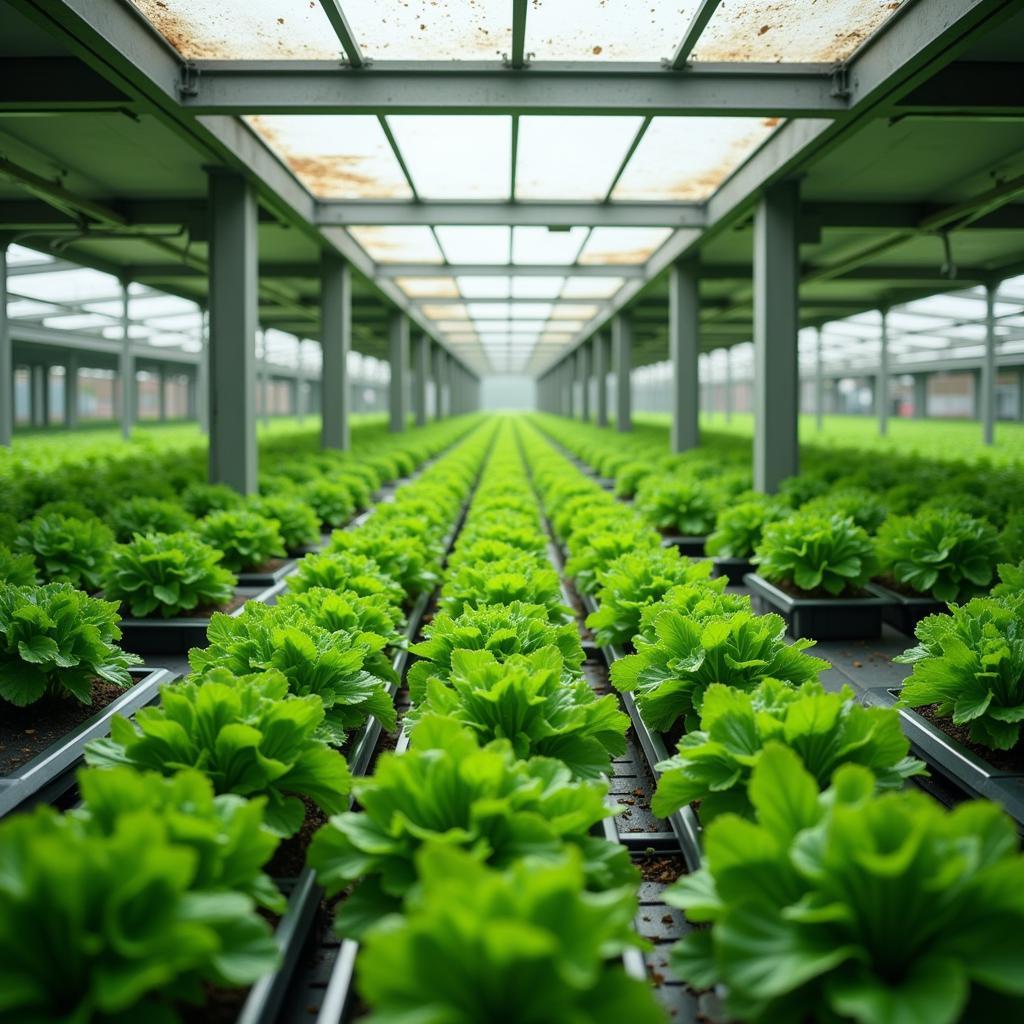Food and society are intrinsically linked. Within the first bite, we experience not just sustenance, but a connection to culture, economics, and even power dynamics. This exploration delves into the complex relationship between food and society, uncovering its guiding principles and inherent paradoxes.
The Cultural Significance of Food
Food acts as a powerful symbol of cultural identity. Traditional dishes, passed down through generations, embody a community’s history, values, and beliefs. From the elaborate spices of Indian cuisine to the simple elegance of Japanese sushi, food tells a story of origin, adaptation, and cultural exchange. What we eat often defines who we are, connecting us to our heritage and providing a sense of belonging. Sharing a meal can solidify bonds within a community and bridge divides between different cultures.  People from different cultures sharing a meal together
People from different cultures sharing a meal together
Food as an Economic Driver
From farm to table, the food industry plays a vital role in the global economy. Agriculture, food processing, distribution, and retail contribute significantly to employment and economic growth. Food security, the consistent access to safe and nutritious food, is a critical concern for governments worldwide, impacting economic stability and social well-being. The globalization of food systems has created both opportunities and challenges, connecting producers and consumers across vast distances, but also raising concerns about sustainability and fair trade practices.
Food Insecurity: A Global Paradox
While some societies struggle with food scarcity, others grapple with the opposite problem: food waste and overconsumption. This paradox highlights the uneven distribution of resources and the complexities of global food systems. Millions face hunger and malnutrition, while tons of edible food are discarded daily in wealthier nations. Addressing this imbalance requires a multi-pronged approach, including reducing food waste, improving infrastructure in developing countries, and promoting sustainable agricultural practices.
The Power Dynamics of Food
Food can be a tool of power and control. Throughout history, access to food has been used to exert influence and maintain social hierarchies. Food deserts, areas with limited access to fresh and affordable food, disproportionately affect low-income communities, exacerbating health disparities and perpetuating cycles of poverty. Understanding the power dynamics embedded in food systems is crucial for addressing issues of social justice and promoting food sovereignty.
Food and Society Principles and Paradoxes: A Complex Interplay
The relationship between food and society is a tapestry woven with intricate threads of culture, economics, and power. While food nourishes and unites, it also reveals deep-seated inequalities and complex challenges. Navigating these paradoxes requires a holistic understanding of the principles that govern our food systems and a commitment to creating a more just and sustainable future for all.
What Does the Future Hold for Food and Society?
As the global population grows and climate change intensifies, the future of food and society faces unprecedented challenges. Innovation in agriculture, sustainable practices, and equitable distribution will be crucial for ensuring food security and addressing the ethical dilemmas surrounding food production and consumption.  Vertical farm with lush green plants growing under artificial light
Vertical farm with lush green plants growing under artificial light
Conclusion
Food and society are inextricably linked, influencing each other in profound ways. By acknowledging the principles and paradoxes that shape this relationship, we can work towards a future where food is a source of nourishment, cultural celebration, and social justice for all.
FAQ
- What is food sovereignty?
- How can we reduce food waste?
- What are the main causes of food insecurity?
- How does climate change impact food production?
- What are some sustainable agricultural practices?
- How does food influence cultural identity?
- What is the role of food in the global economy?
Other Related Articles on Our Website:
- The Ethics of Food Production
- Food Justice and Community Action
- Sustainable Agriculture: A Global Perspective
Need support? Contact us 24/7: Phone: 02043854663, Email: [email protected], or visit us at: Khu 34, Bac Giang, 260000, Vietnam.